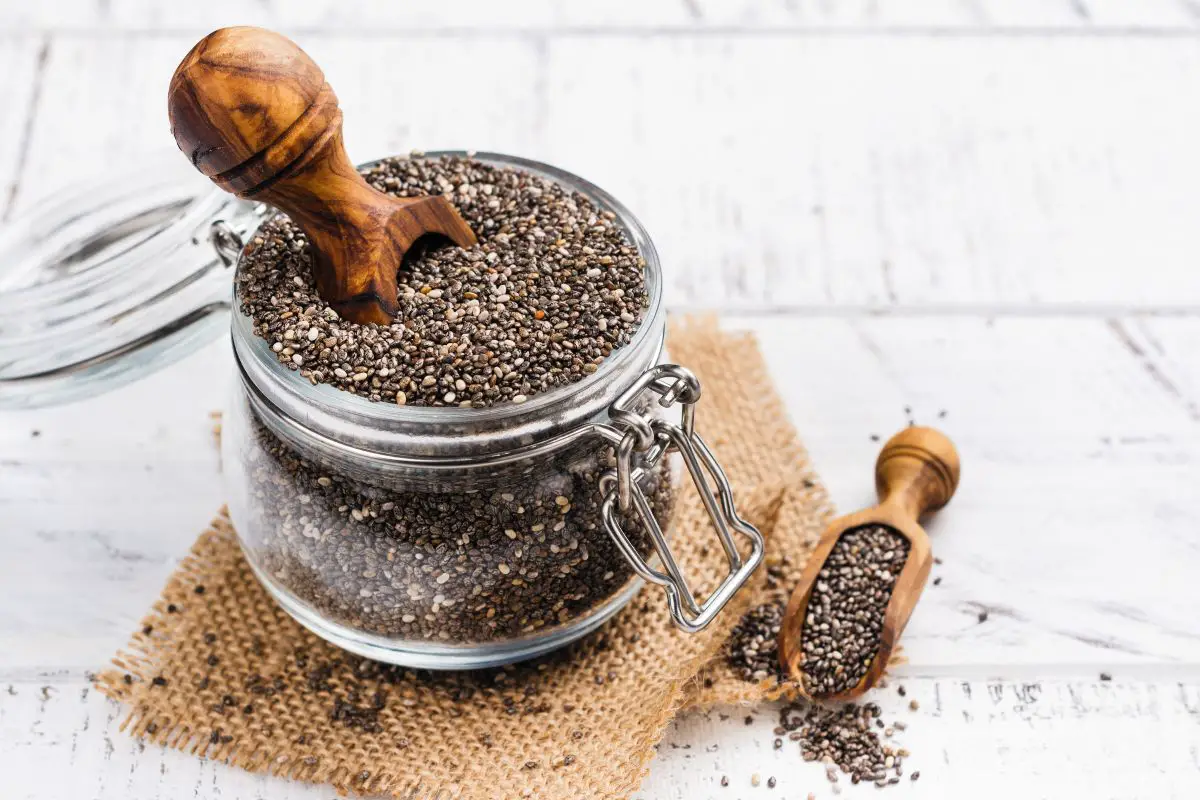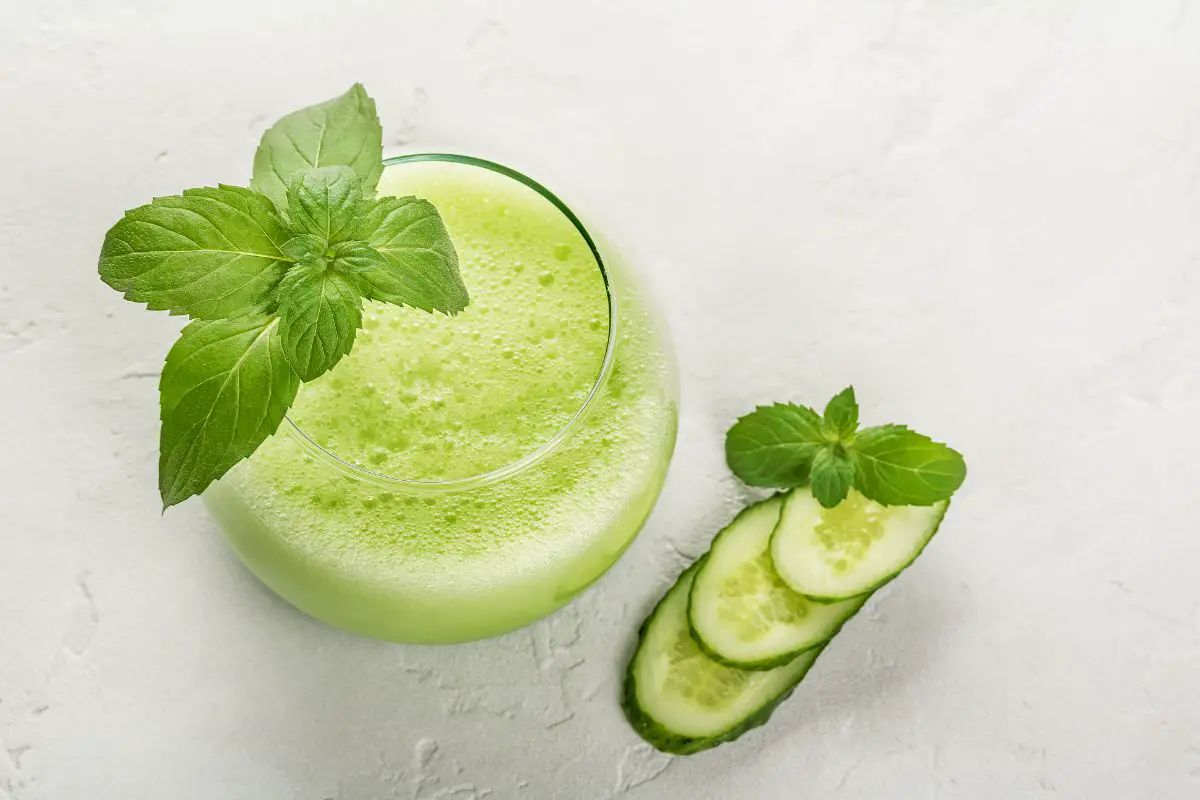Chia seeds are becoming incredibly popular – loved by the health conscious and foodies alike for their versatility, vitamin content, and the wide range of purported health benefits that come with them.
But what exactly was the FDAs ruling on chia seeds, and is there anything you need to know before introducing them into your diet?
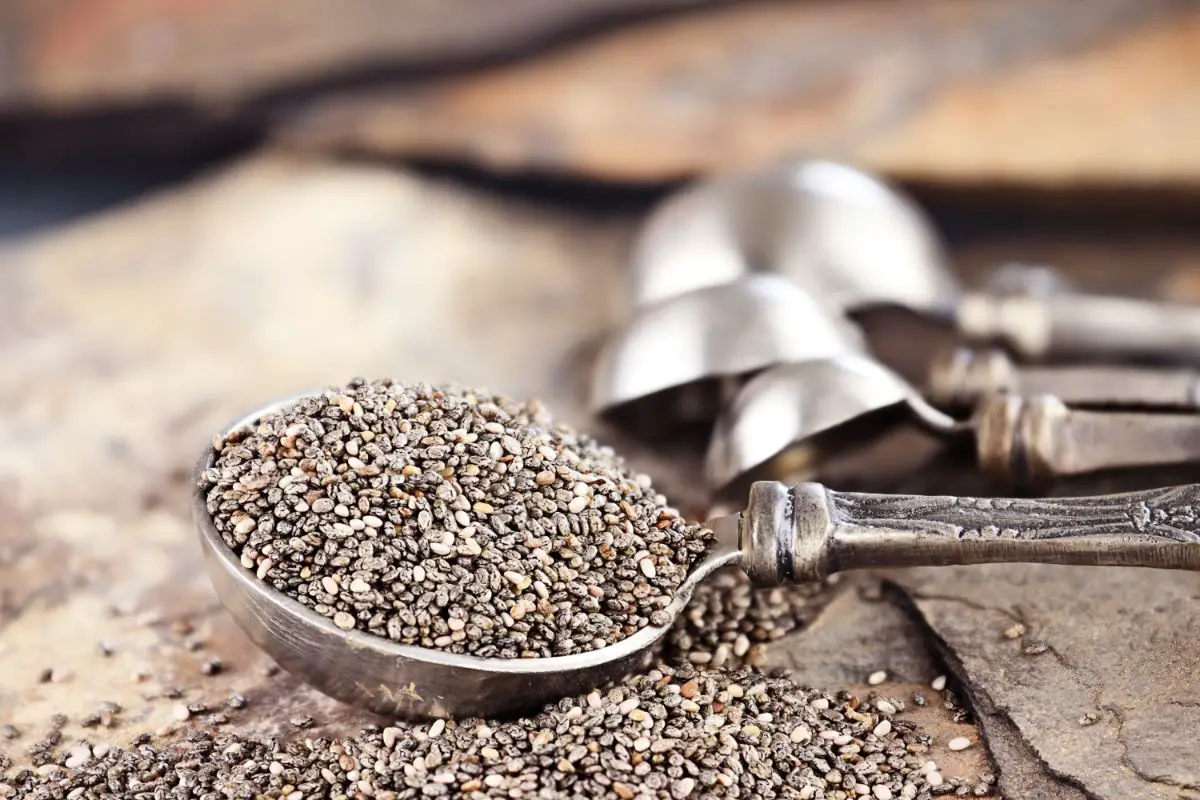
What Are Chia Seeds?
Chia seeds are the edible seeds of the salvia hispanica – a type of edible mint plant located in and around central and southern mexico.
They have reportedly been used in the region for hundreds of years – being historically utilized by the Aztec people, who were correctly aware of their wide range of uses and nutritional value; using them to make medicines, cosmetics, meals, and any number of religious and ritualistic substances.
Are They FDA Approved?
Despite debate over the actual health benefits that chia seeds can deliver, they are in fact FDA approved – namely due to the fact that they have no negative side effects, nor poisonous qualities, thus making them suitable for human consumption without issue.
What Was Their Ruling?
The official ruling of the FDA was that they are suitable as a food source, and they have also been definitively categorized as safe, non-poisonous, and non-toxic.
Do Chia Seeds Actually Have Health Benefits?
There are really two different schools of thought when it comes to chia seeds, and the health benefits that they can offer to the consumer – one that suggests they are indeed a ‘superfood’, and another that is skeptical at best.
However, these can best be separated into the benefits that are unequivocally known to be true, and the ones that are only a potential outcome of chia seed consumption.
Known Benefits Of Chia Seeds
There are still some widely accepted benefits of eating chia seeds, and they can certainly be beneficial from a dietary perspective.
Nutritional Value
Firstly, chia seeds are packed with vitamins and minerals, and are very nutritious when consumed as part of a balanced diet.
Not only are they high in protein, beneficial fats, fiber, and vitamins B1 and B3, but they are also chock full of calcium, iron, phosphorus, magnesium, and zinc – meaning they can be a beneficial part of anyone’s daily diet.
Antioxidizing Properties
They are also loaded with antioxidants, meaning they can be a much needed protection against many things that can go wrong within the human body – including cancer, inflammation, high blood pressure, and even the aging process.
This goes some way to explain why they have become so popular amongst the health and lifestyle community, and why they are consistently pitched as a ‘superfood’ in such circles.
Bone-Friendly Nutrients
Many of the nutrients in chia seeds are also widely considered to be beneficial for the bones in the body.
These include calcium, phosphorus, and magnesium – all of which are known to be good for bone growth, bone density, and the overall structural strength of bones.
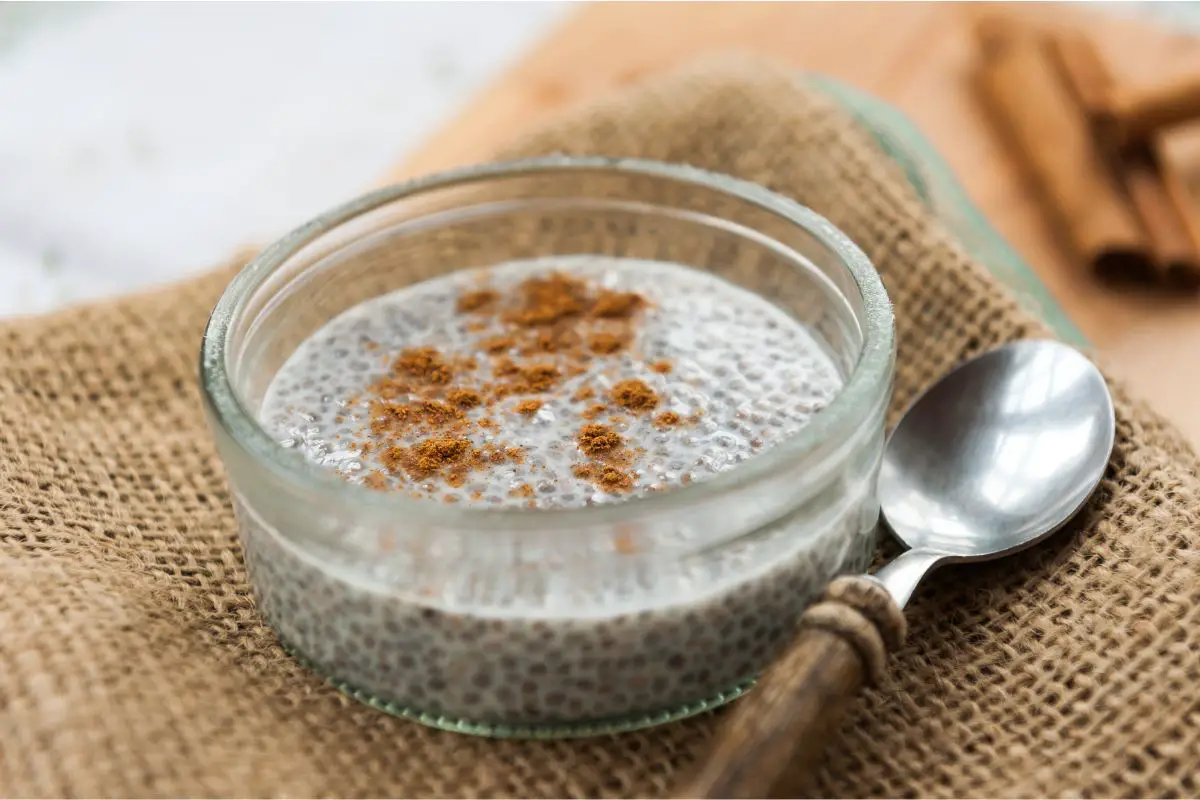
Purported Benefits Of Chia Seeds
Of course, there are also many claimed benefits that still have insufficient medical or scientific evidence to be proved true.
Weight Loss
Like many supposed healthy foods, chia seeds are continually pushed as a weight loss solution – despite there being limited evidence to suggest concrete effects.
This stems from the fact that they contain large amounts of fiber – which can stop overeating, and weight gain due to dietary regulation.
Heart Disease
They are also thought to be good for curing (or preventing) heart disease, although this too has limited evidence to suggest such a thing could happen.
This generally stems from the fact that they are good sources of soluble fiber, which can help lower LDL in the body – LDL being the bad kind of cholesterol that is often responsible for heart disease.
However, investigations into this phenomenon are still inconclusive.
Blood Sugar
They are also those who claim that chia seeds can successfully lower blood sugar levels in those with type 2 diabetes – as well as regulating those who experience insulin sensitivity.
This tends to come down to the fiber content once again, as well as the numerous other beneficial compounds found in the seeds.
As far as lower blood sugar levels go though, there is still little evidence to support this fact.
However, as far as insulin sensitivity goes, they have been shown to regulate levels within dogs, which is promising. Despite this though, little human tests have yet been conducted.
Are There Any Known Side Effects?
Of course, there are still a couple of known side effects that could cause a problem to some people.
Digestive Problems
The high levels of fiber within chia seeds can mean that they could cause digestive changes to some people – even causing discomfort and problems.
This mainly tends to be if you shift from a low fiber diet to one consisting of high fiber without any transition period.
Potential Allergies
It is also worth pointing out that chia seeds are still seeds, and can thus be a source of allergens for those with nut and seed allergies.
As such, care should be taken when handling them and when coming into contact with them in restaurants and grocery stores to avoid problems.
Final Thoughts
And there we have it, everything you need to know about chia seeds, and the FDAs ruling on them.
It’s true that chia seeds are a remarkable food, particularly when you take into account their high levels of protein, fiber, and vitamin content.
There is little wonder as to why they have become such a popular choice for the health conscious and foodies alike, and why we are hearing more and more about them and their supposed health benefits.
So if you are looking to introduce some more healthy ingredients into your diet, then why not try chia seeds? Something tells me you won’t be disappointed!
- How To Make A Paleo Detox Smoothie: Berry Cherry Green Edition - April 18, 2023
- How To Make Spicy Paleo Paprika And Thyme Veggie Fries - April 18, 2023
- 15 Mouthwatering Keto Apple Recipes You Need To Try Today - April 18, 2023
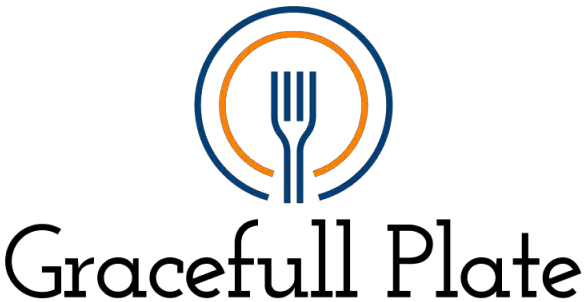

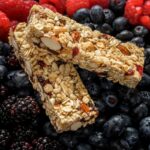

![The Ultimate Healthy And Delicious [And Cheap] Breakfast Guide The Ultimate Healthy And Delicious [And Cheap] Breakfast Guide](https://gracefullplate.com/wp-content/uploads/2022/12/The-Ultimate-Healthy-And-Delicious-And-Cheap-Breakfast-Guide.jpg)


